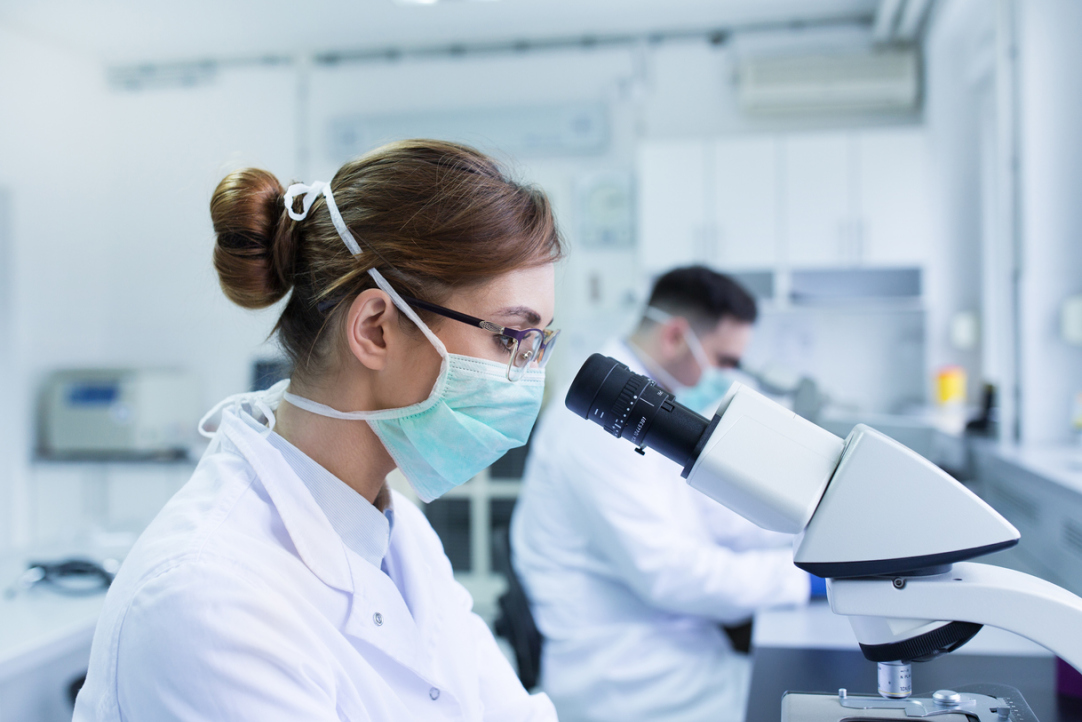
Biologists Figure Out How Stem Cells Turn Into Other Types of Cells at Molecular Level
An international team of researchers including biologists from HSE University has developed a method that helps obtain information on changes in protein expression and properties during cells’ transition from one state to another. One of the most interesting transitions is the transformation of cells from undifferentiated stem cells to differentiated cells of various organs and tissues. The paper was published in Nature Communications.
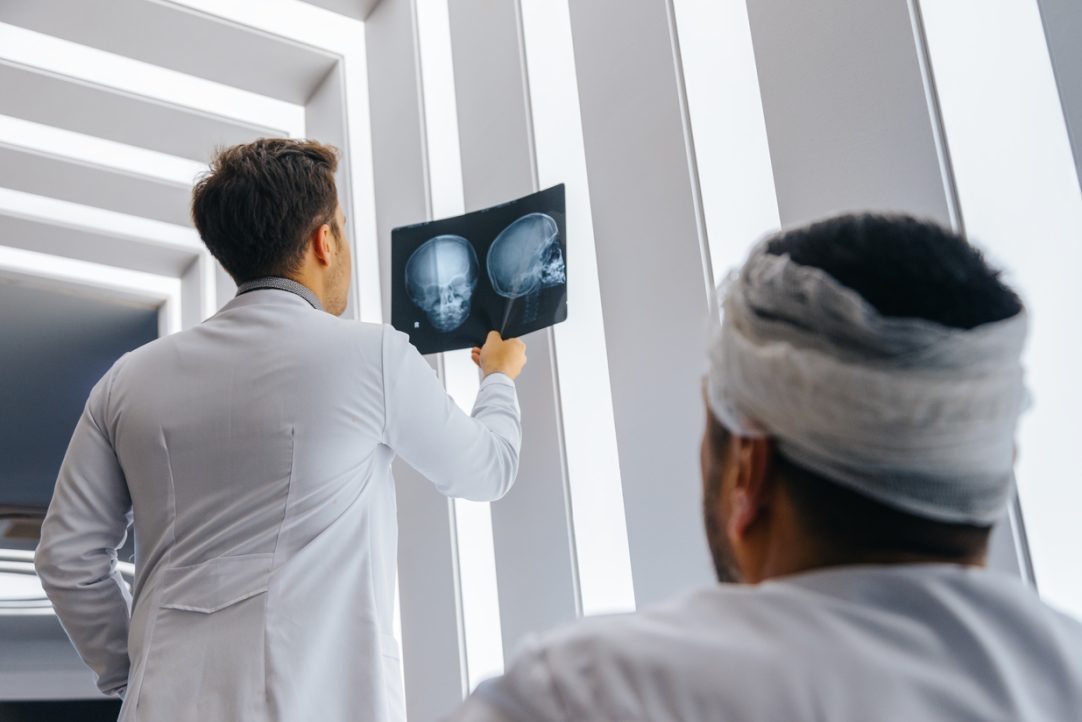
Hormones Can Help Brain Recover after Injury
An international team of researchers including Alexander Tonevitsky, Professor at HSE’s Faculty of Biology and Biotechnology, found that pituitary hormones may produce different effects on the left and right sides of the body following a traumatic brain injury. These differences can accelerate the development of motor disorders. Researchers are trying to determine whether treatment that blocks the corresponding hormones can counteract these effects. The results of the study were published in the journal eLife.
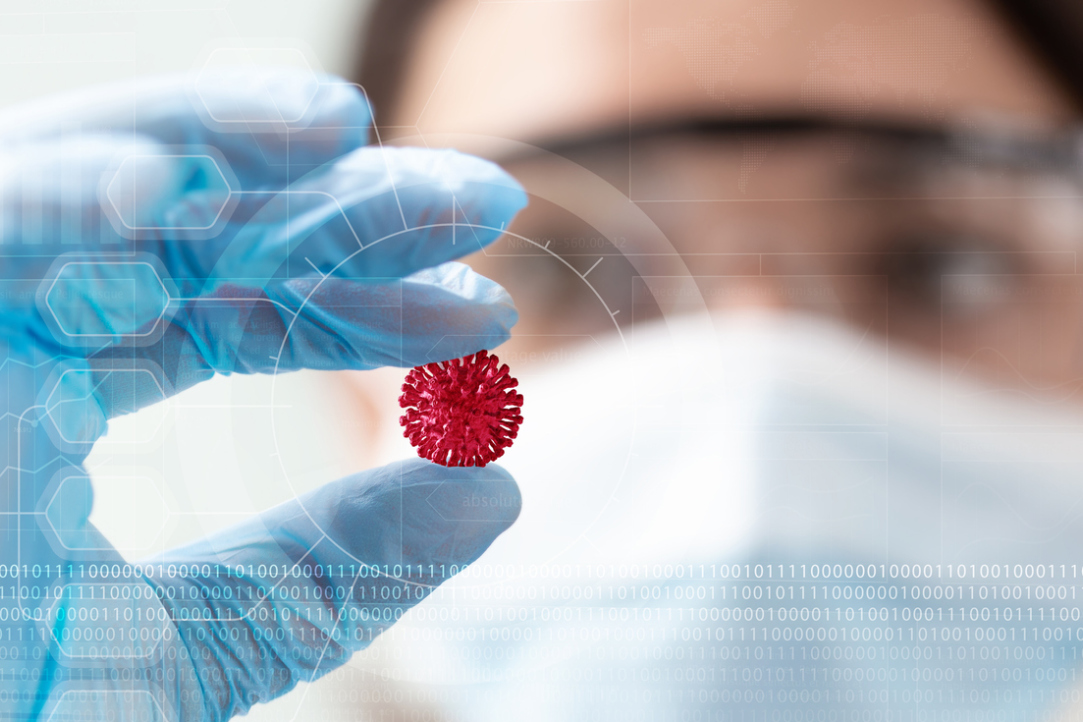
Researchers Find Therapeutic Targets to Fight SARS-CoV-2
Researchers from HSE University have developed new approaches for regulating the expression of ACE2 and TMPRSS2 enzymes, which play a crucial role in cell infection with SARS-CoV-2. The scholars discovered that small non-coding microRNA (miRNA) molecules are capable of performing a targeted decrease in ACE2 and TMPRSS2. The results of the study have been published in PLOS ONE journal.
.jpg)
Joint Seminar of HSE Faculty of Biology and Biotechnology and George Mason University
First-year undergraduate students of the HSE Faculty of Biology and Biotechnology took part in an online seminar at George Mason University (USA). The seminar was part of the Coronavirus Research Update summer course, taught by Professor Ancha Baranova.
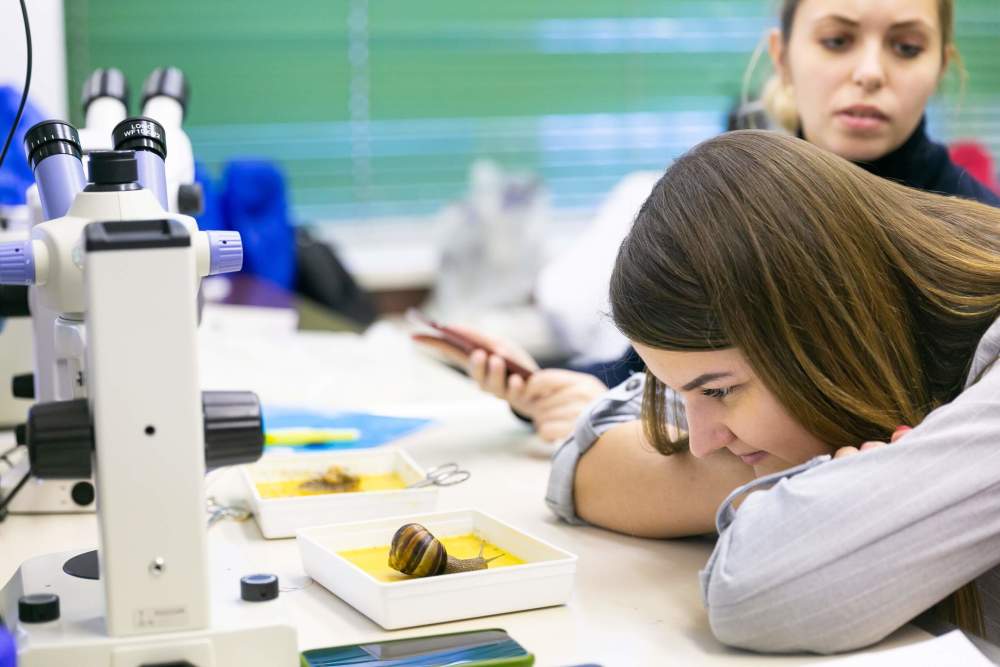
The Sooner You Try to Make a Scientific Contribution, the Sooner You Will Manage to Do So
The Shemyakin and Ovchinnikov Institute of Bioorganic Chemistry (IBCH RAS) is one of the institutes of the Russian Academy of Science involved in the development of new faculties at the HSE University. It is also where first-year biology students come for hands-on training in research laboratories, and, in some cases, internships. HSE News Service visited the Institute to speak with first-year students at a zoology workshop.
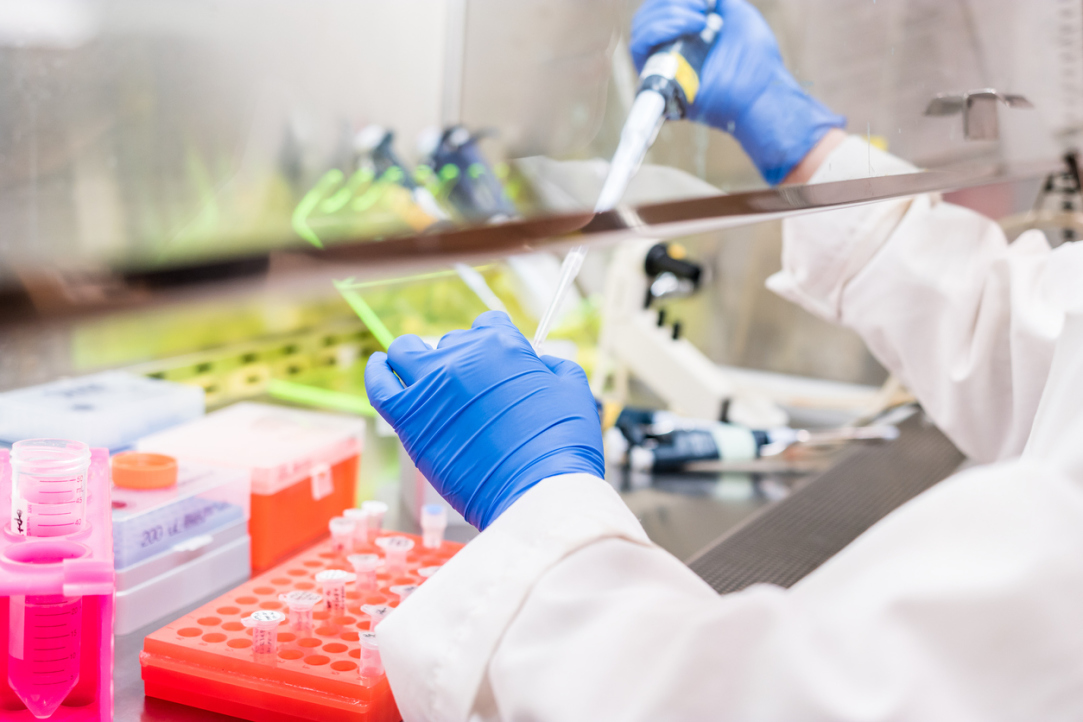
HSE Faculties of Chemistry and Biology and Biotechnologies to Open Joint Departments with RAS
The HSE Academic Council has approved the establishment of joint departments with five institutes of the Russian Academy of Sciences (RAS) at the new Faculties of Chemistry and Biology and Biotechnologies of HSE. Students will gain access to laboratory equipment and learn how to conduct research and develop new technology and medicines.
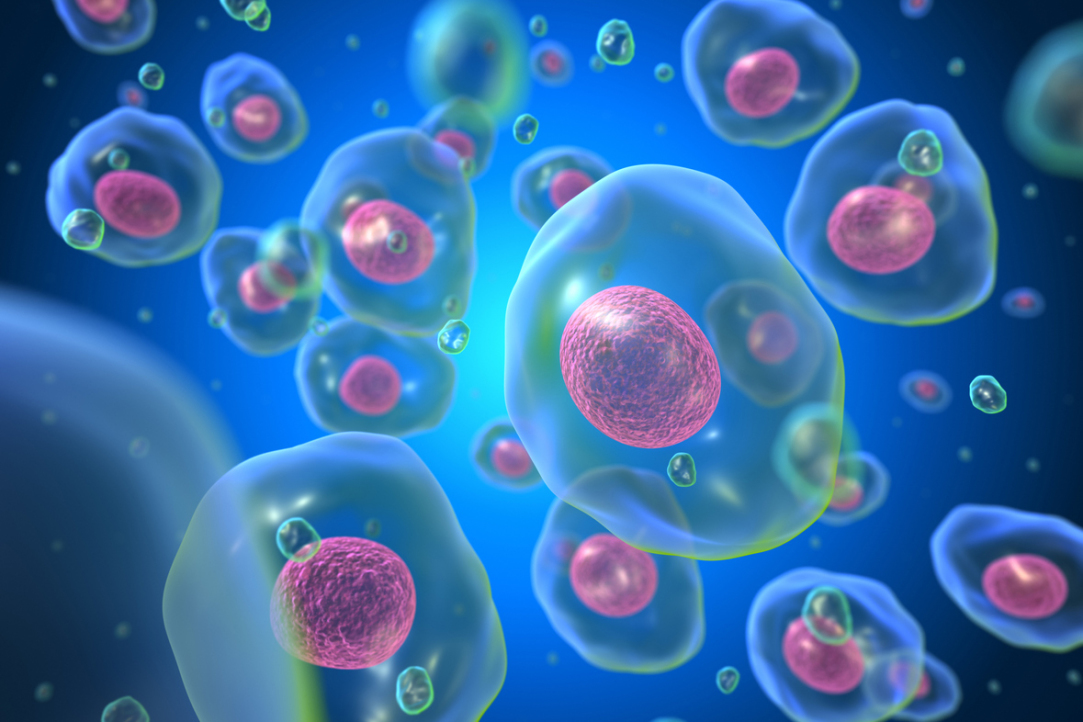
New Bachelor’s Programme in Cellular and Molecular Biotechnology
The new Faculty of Biology and Biotechnologies has opened at HSE and will begin accepting applications to the Cellular and Molecular Biotechnologies Bachelor’s Programme this year. Here we explain what students will study at the new faculty as well as its relationship with the Russian Academy of Sciences (RAS) and the business community.
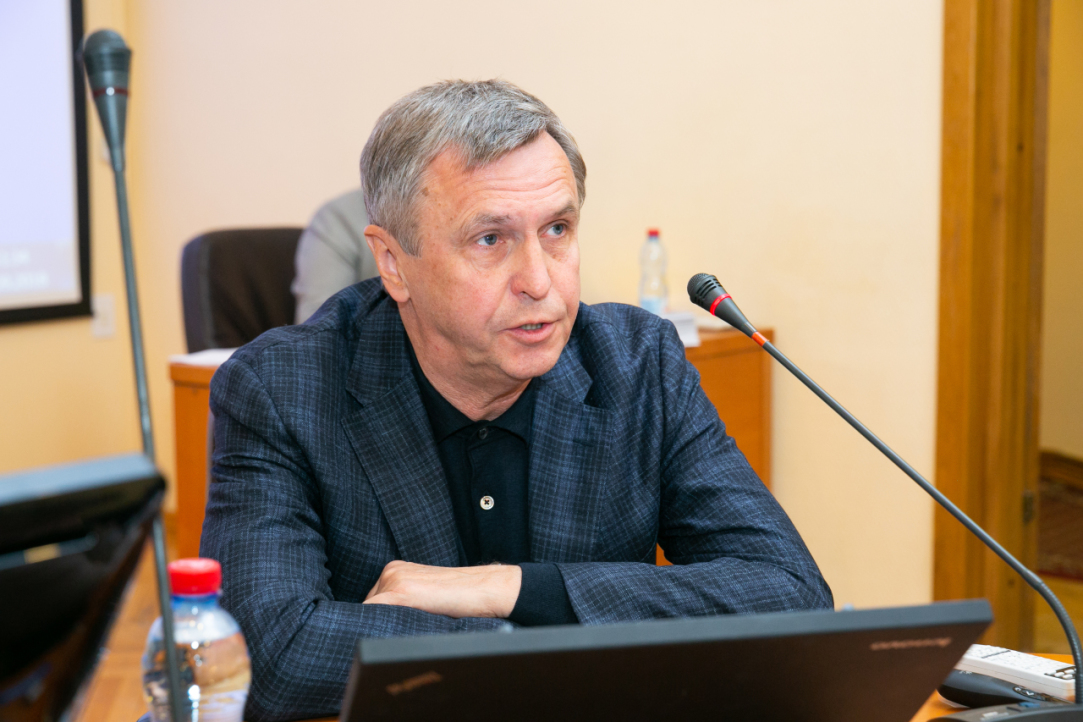
Alexander Tonevitsky Recognized as Distinguished Scientist of Russia
Alexander Tonevitsky, Dean of the HSE Faculty of Biology and Biotechnologies and corresponding member of the RAS, was awarded the honorary title of Distinguished Scientist of the Russian Federation. The awards ceremony was held in the Kremlin on November 27.


Deadline for applications to present academic reports - January 20, 2025